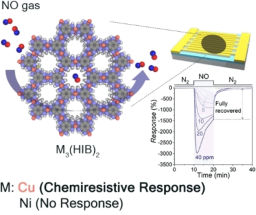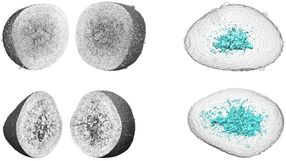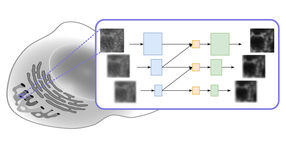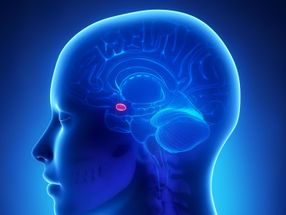A new iconic drug information system inspired by road signs
Although drug prescriptions are notoriously difficult to read, prescribing errors due to a lack of knowledge of drug properties are a worse problem. Now, a new information icon system has been developed by researchers in France. The researchers describe their system, a graphical language for medical knowledge visualisation called VCM (Visualisation des Connaissances Médicales), in the open access journal BMC Medical informatics and Decision Making.
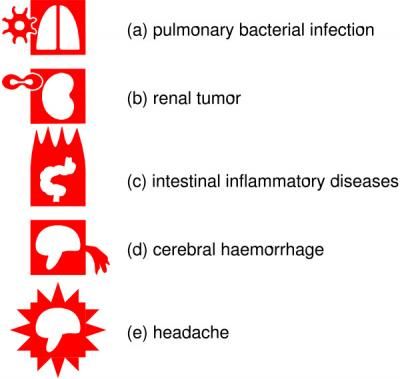
VCM icons for current diseases and signs, risks and antecedents.
Lamy et al, BMC Medical Informatics and Decision Making
Jean-Baptiste Lamy of the University of Paris and colleagues recognized that doctors do not always recall, nor have easy access to, detailed drug information. They can refer to drug monographs, but this can be inconvenient and time consuming in a busy medical practice. Lamy and his team reasoned that a new symbolic language for drug information could speed up the process and help avoid prescribing errors.
The VCM graphical language uses a small set of graphical signs, akin to laundry symbols or road signs, which may be combined to build simple sentences that convey information of the kind usually described in long-winded drug monographs, such as a drug's side effects or interactions and conditions when it should not be prescribed. The resulting system, together with the doctor's underlying medical training, can be used to help determine the appropriate prescription for the patient.
The researchers tested VCM with a group of volunteer general practitioners to assess whether the language is easy to learn and understand and whether it works in practice. Each practitioner underwent training to learn VCM and was then tested on the meanings of the icons and combinations of icons representing different aspects of a drug monograph. Results show that physicians read VCM significantly faster than an equivalent text, with fewer errors.
"VCM can be learnt in a few hours and appears to be easy to read." says Lamy. "It will considerably speed up access to drug information. The language could also be used to enrich other medical documents and for patient electronic records."
Most read news
Other news from the department science

Get the analytics and lab tech industry in your inbox
From now on, don't miss a thing: Our newsletter for analytics and lab technology brings you up to date every Tuesday. The latest industry news, product highlights and innovations - compact and easy to understand in your inbox. Researched by us so you don't have to.



![[Fe]-hydrogenase catalysis visualized using para-hydrogen-enhanced nuclear magnetic resonance spectroscopy](https://img.chemie.de/Portal/News/675fd46b9b54f_sBuG8s4sS.png?tr=w-712,h-534,cm-extract,x-0,y-16:n-xl)
